SMALL BUSINESS OUTLOOK AMID INFLATION AND HIGH INTEREST RATES
EXELEON OUTLOOK TO FOLLOW
EXELEON SPOTLIGHT
UNIQUE CHALLENGES WOMEN FACE IN COACHING

SMALL BUSINESS OUTLOOK AMID INFLATION AND HIGH INTEREST RATES
EXELEON OUTLOOK TO FOLLOW
EXELEON SPOTLIGHT
UNIQUE CHALLENGES WOMEN FACE IN COACHING
LEADING BUSINESS
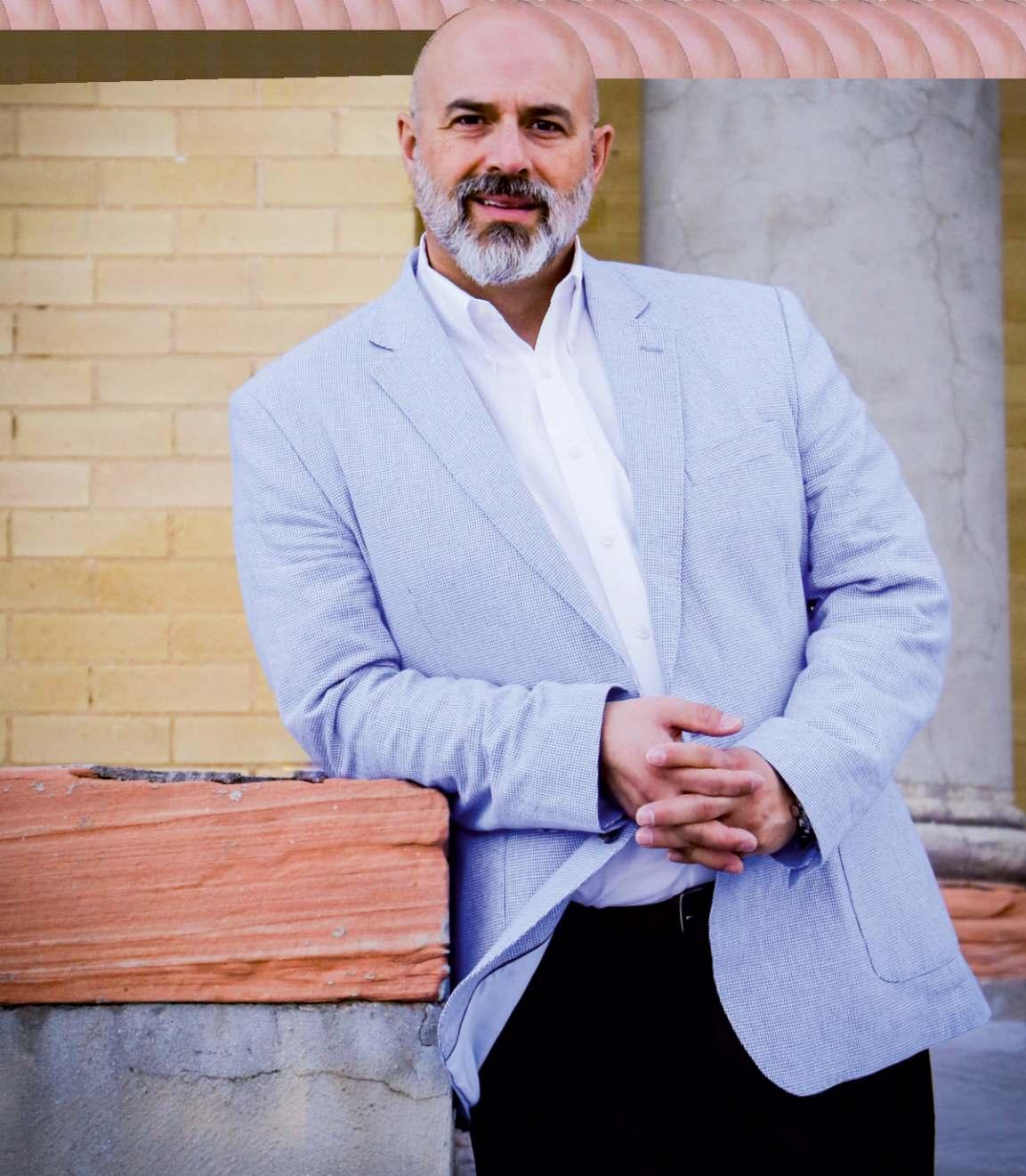
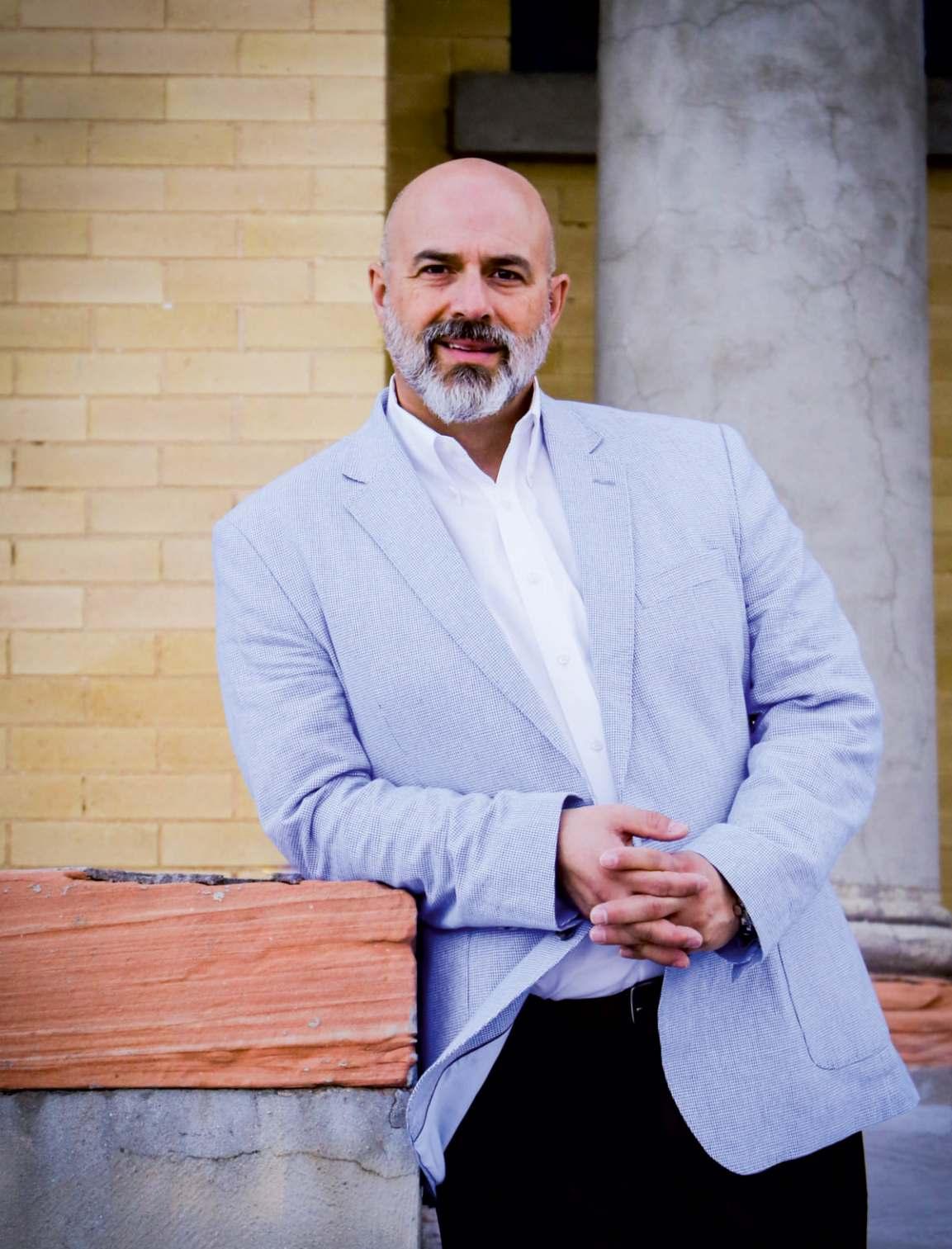

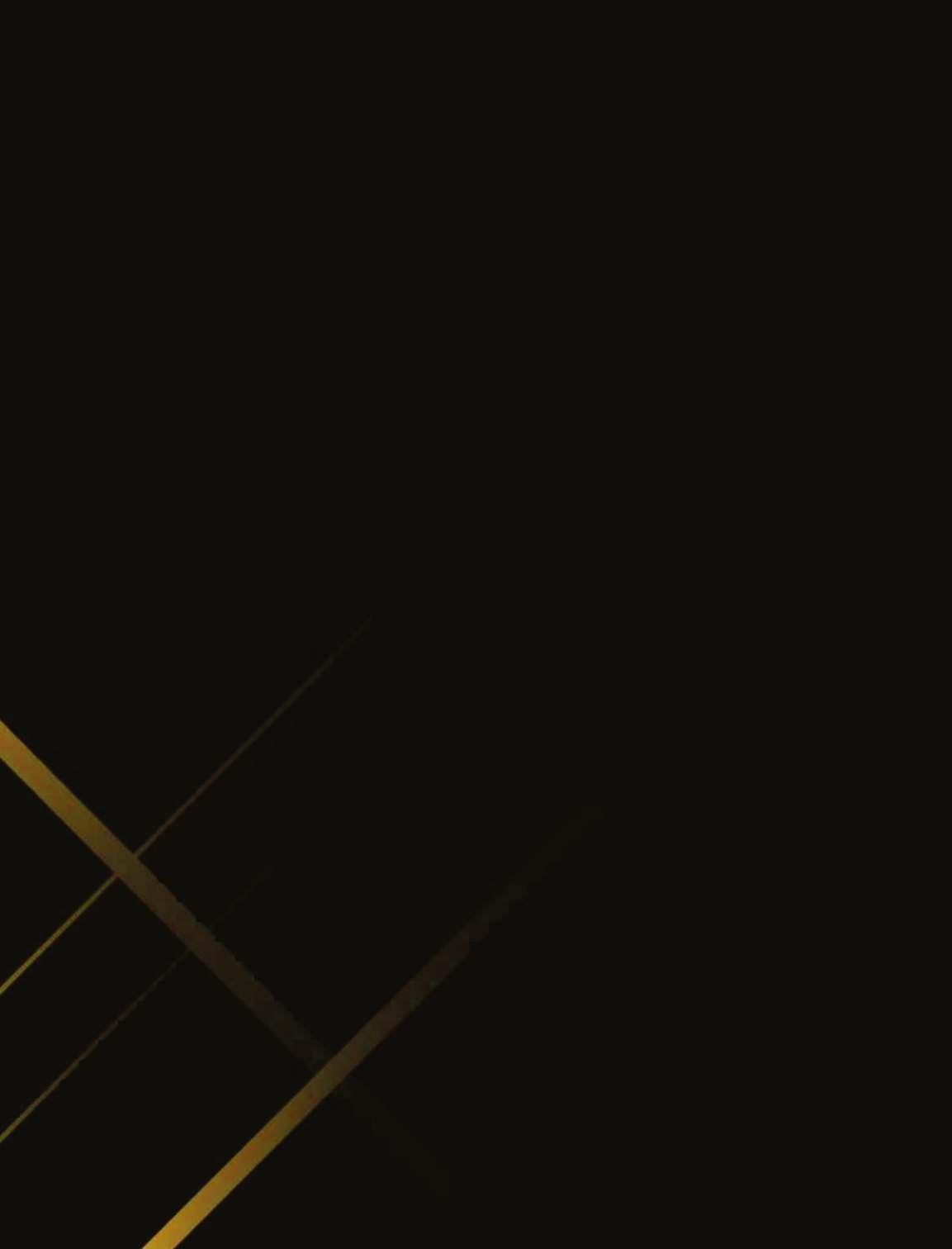
The demand for business coaching has surged significantly in recent years. The global business coaching industry was valued at approximately $14.2 billion in 2024 and continues to grow at a steady rate of 2.6% annually. This expansion is driven by the increasing recognition of the value that professional coaching brings to individual and organizational performance.
One of the primary drivers of this growth is the need for enhanced leadership and management skills. According to recent statistics, nearly 65% of coaching professionals identify business coaching as their main area of expertise, with a significant focus on leadership development. This specialization addresses a crucial need as companies navigate the complexities of modern business landscapes.
Moreover, the integration of technology in coaching practices has revolutionized the industry. Digital platforms have made coaching more accessible and flexible, allowing coaches to reach clients across the globe. This digital transformation has not only broadened the market but also enhanced the effectiveness of coaching through tools that facilitate better communication and progress tracking.
Another significant trend is the rising demand for personalized coaching experiences. Clients today seek tailored coaching programs that cater to their specific needs and goals. This shift towards customization underscores the importance of understanding individual client contexts and delivering bespoke solutions that drive meaningful results.
As we highlight the stories and insights from leading business coaches in this issue, it becomes clear that the role of a business coach is evolving. Coaches are not just mentors but strategic partners who play a vital role in guiding businesses through change, fostering growth, and driving innovation.
Exeleon Magazine
Embracing Excellence
600 N Broad St 5 Middletown, DE 19709, United States +1 302-907-9110
Editor-in-Chief –
Art Director –
Managing Editor -
Naomi Lam
Matt Reis
Creative Director –Daryl Yeung
Adam Waring
Project Manager –
Marketing Manager –
Customer Relationship –
Business Development –
Richard Dann
Sofia Brown
Natasha Green
Matt Hale, Josh Wilder, Anish Miller
For any advertising related information, please contact info@exeleonmagazine.com. Submissions as well as contributions to the magazine are welcome.
Take a moment and let us know about our magazine; whether it be about the design or a possible mistake, we would appreciate any feedback from your end. You can reach out to daryl@exeleonmagazine.com.

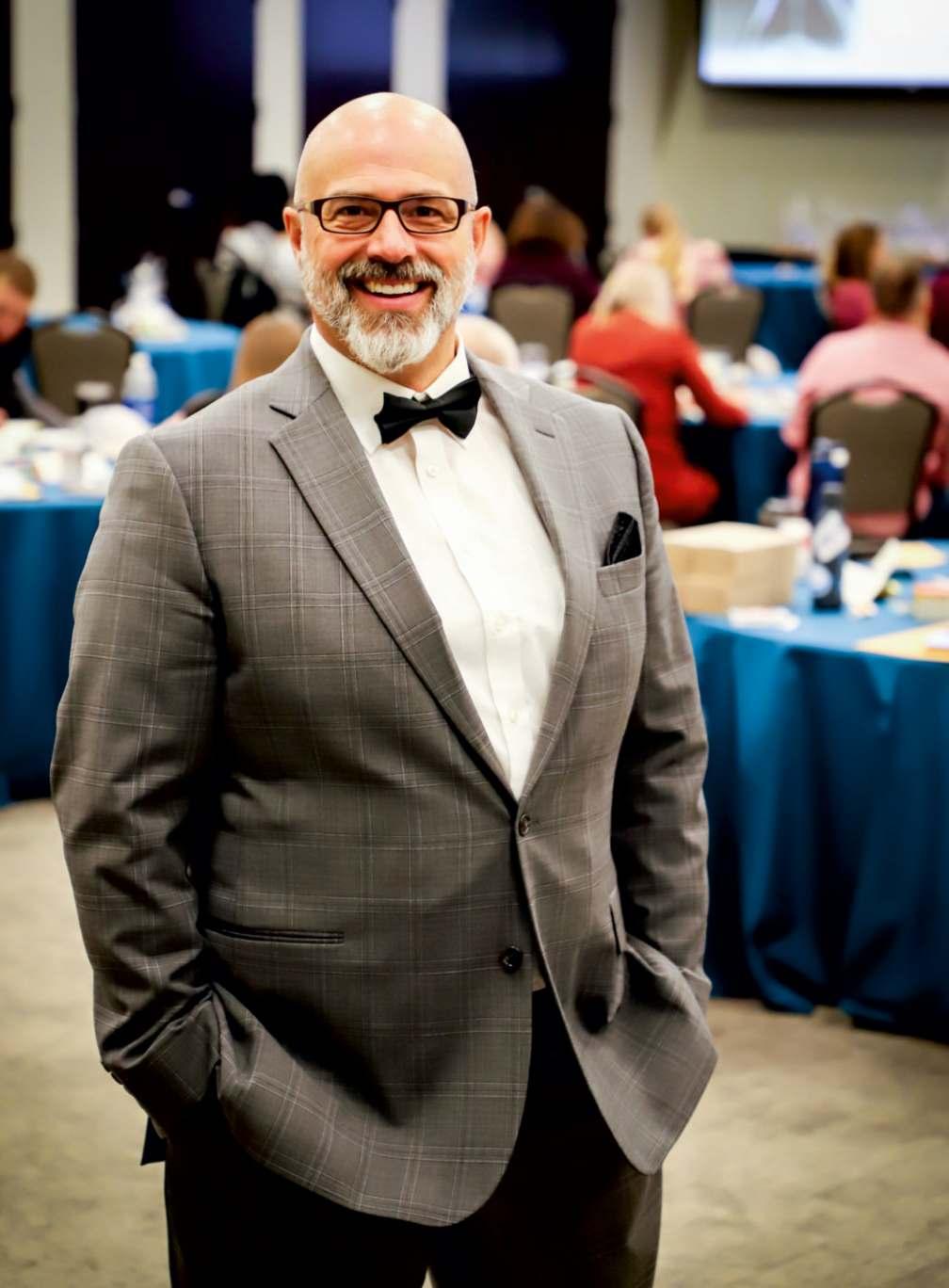
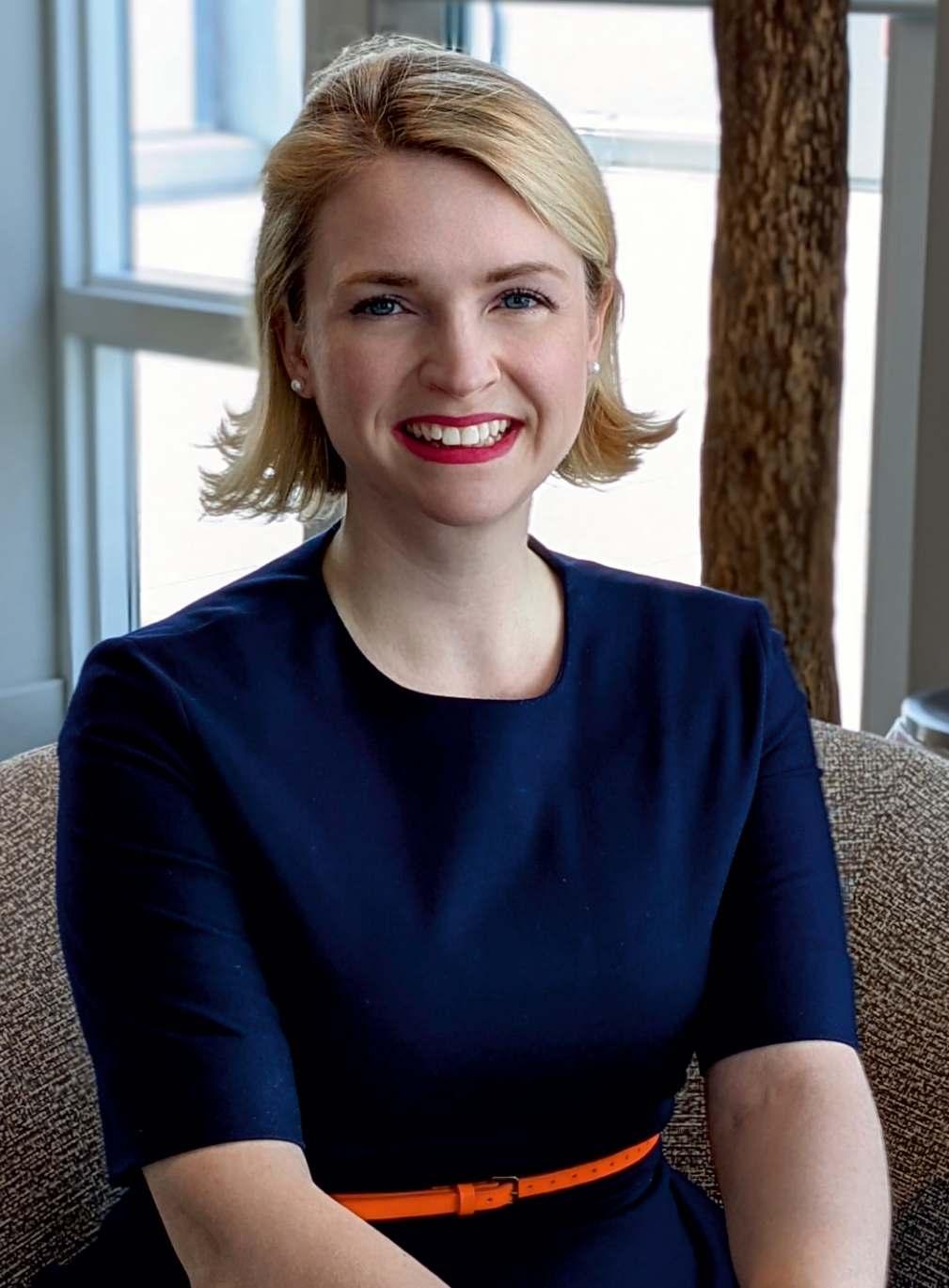 ALEX HURWORTH
ALEX HURWORTH
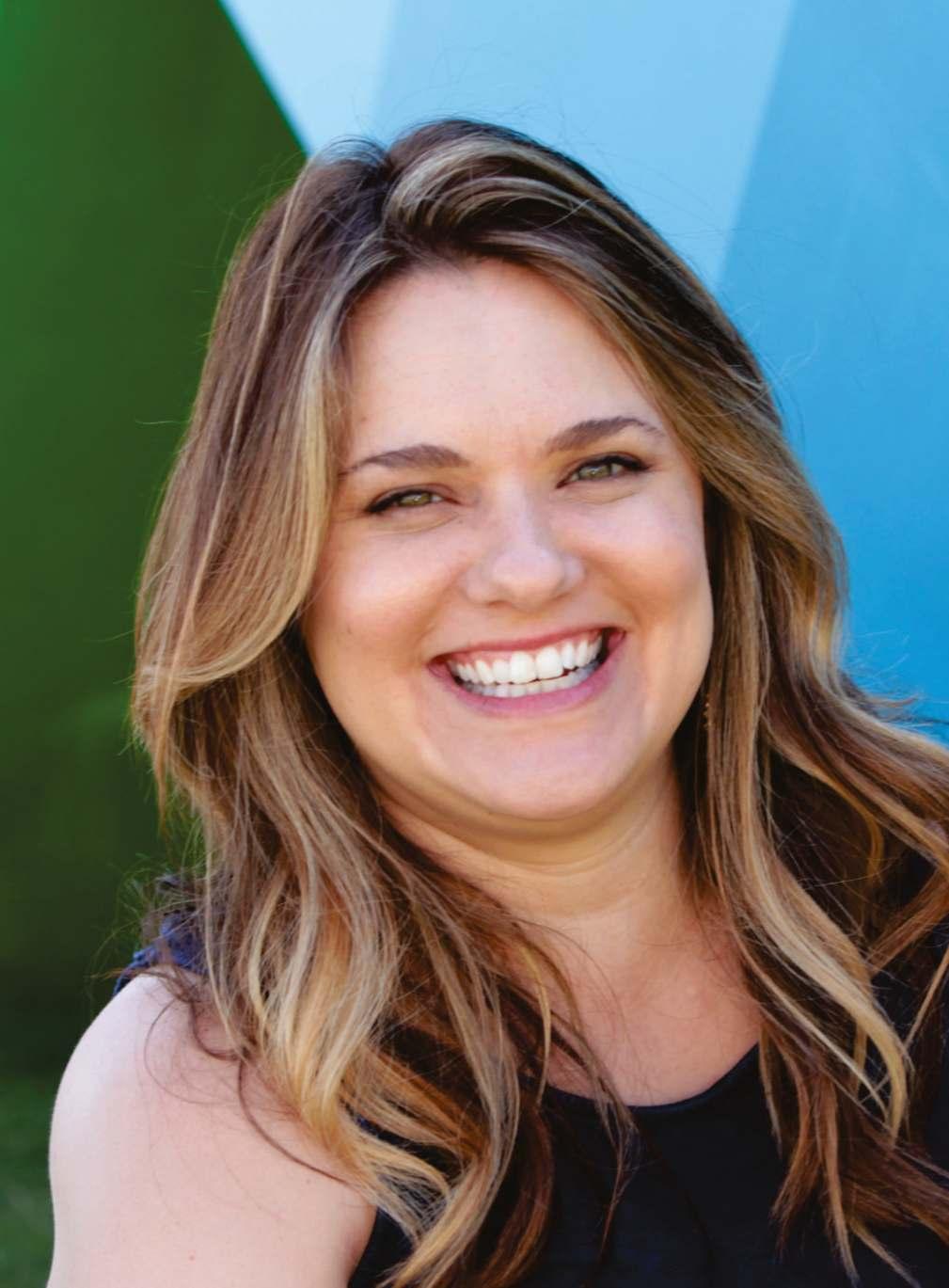
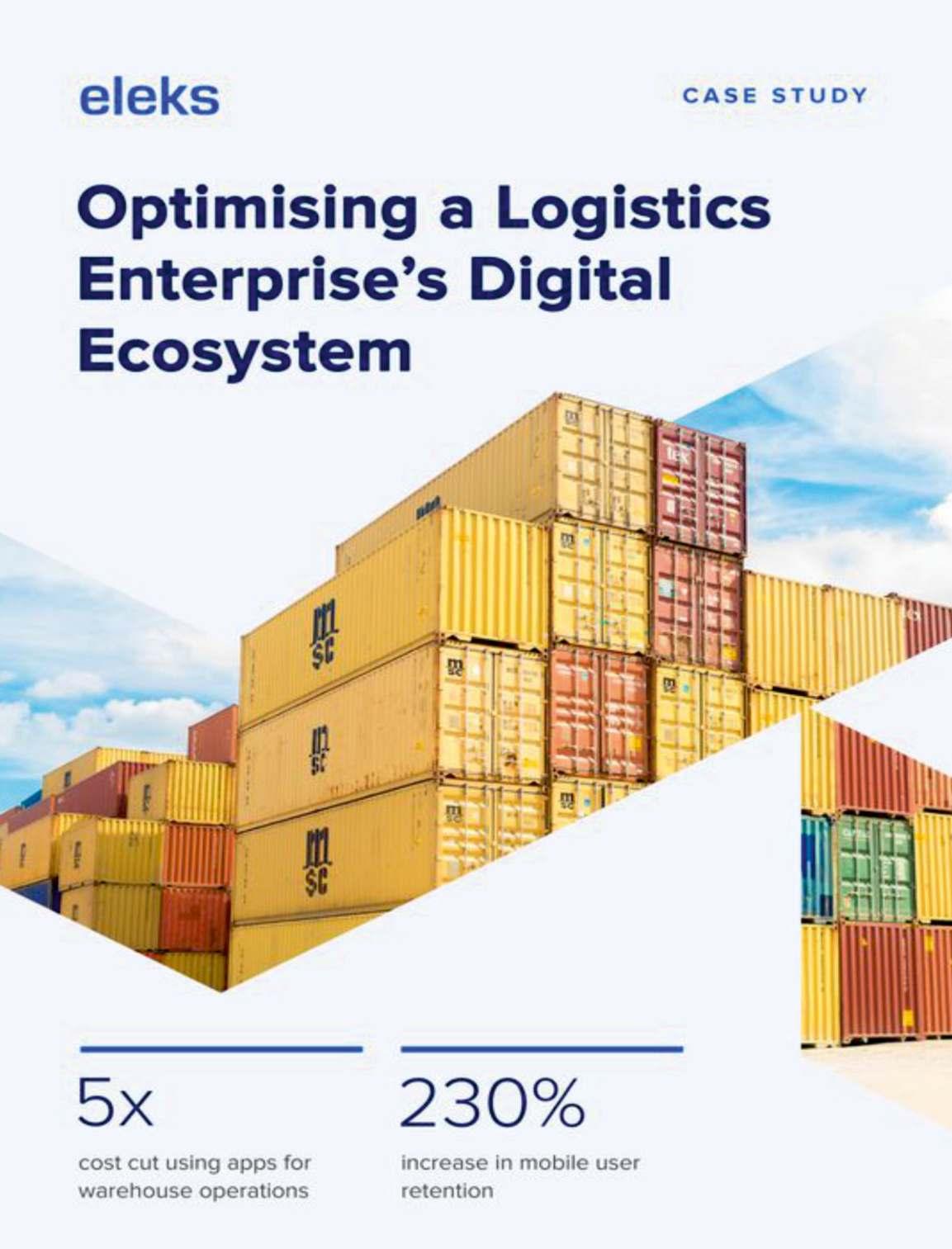



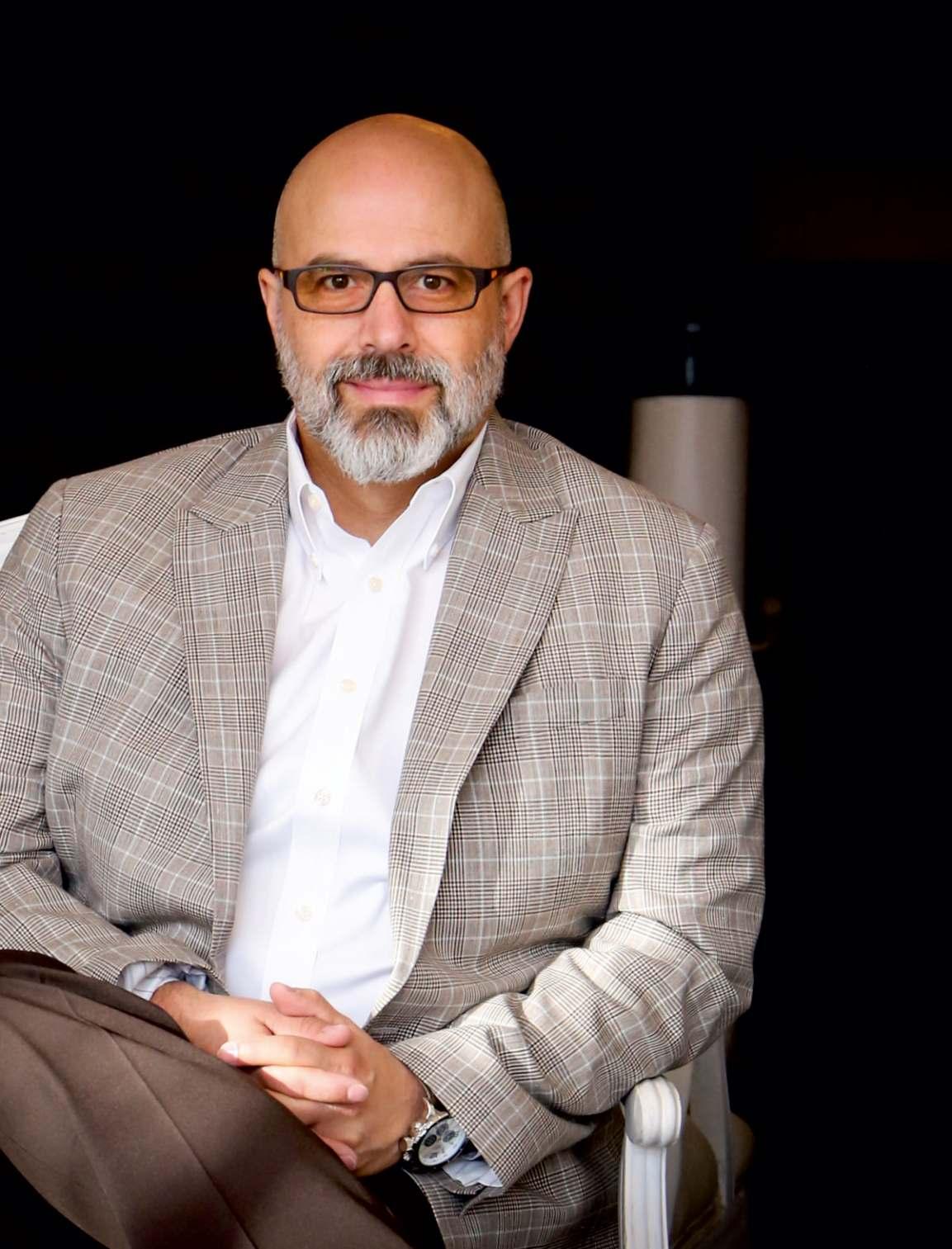
is believed that great coaches are those who can ask the right questions, uncover hidden motivations, and hold individuals accountable.
Roger Knecht is one such example of a leader who exempli�ies these qualities in his coaching philosophy and practice. Roger holds a distinguished name in the accounting industry and serves as the President of Universal Accounting Center (UAC).
His extensive background in marketing, management, and accounting has not only helped grow UAC into a top-tier institution but also earned it numerous accolades such as recognition from Inc 500 and Utah 100.
Roger is particularly passionate about coaching and helping others achieve their professional goals, a commitment re�lected in his work and personal ideology. Fittingly, Roger Knecht features on the Cover of Exeleon's Leading Business Coaches to
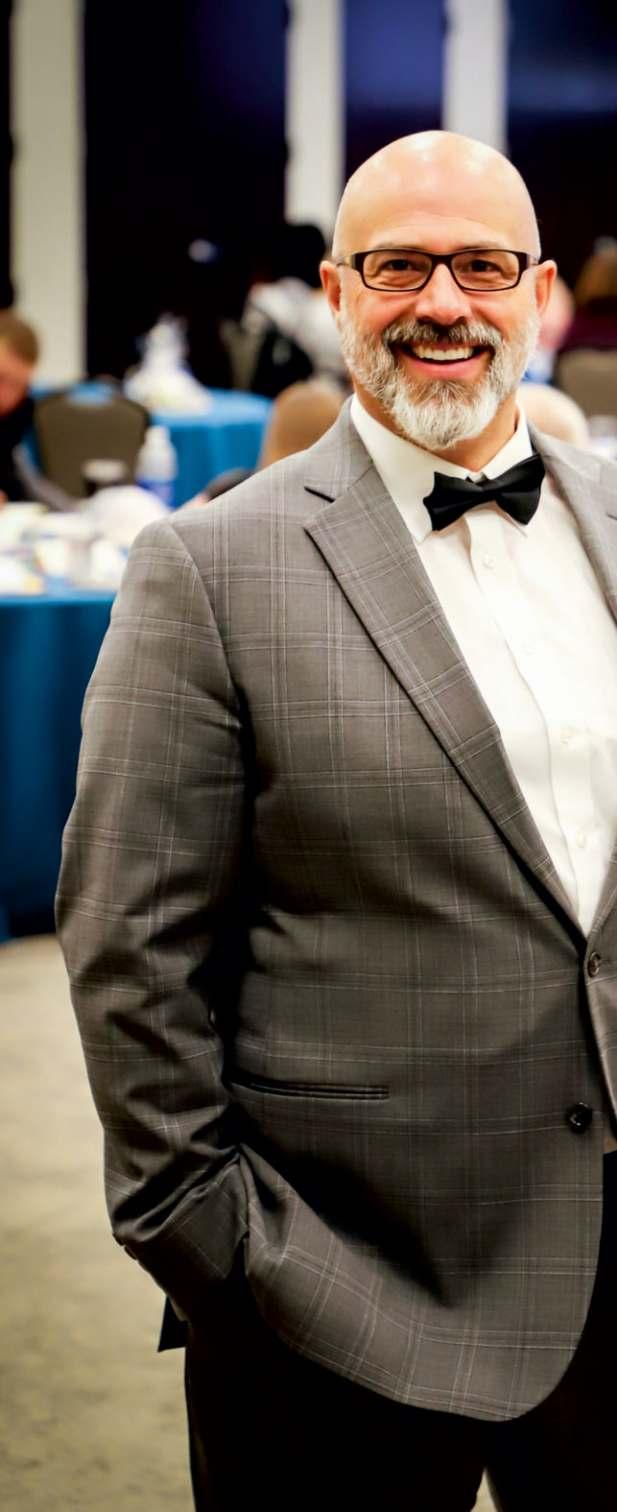

“It’s more important to be present, all in at any given moment than living in the past or dreaming about the future.”
Follow in 2024.
Roger emphasizes the importance of understanding the true role of a coach, likening it to the coach in the Cinderella story: a vehicle that helps one reach their destination more ef�iciently and comfortably. He explains, "It's the vehicle we can use to arrive at our destination sooner and with greater ease. It's not meant to represent the only way we can arrive but it sure can make the journey a lot better."
In his view, a great coach is de�ined by their ability to ask the right questions and
hold individuals accountable. These "right questions" are those that uncover what is not immediately obvious and delve deeper into the underlying motivations—the "why" behind actions and decisions. This process helps in clarifying and prioritizing tasks and goals, making the path to success more transparent.
Accountability is another crucial aspect of effective coaching. Roger stresses the importance of setting timelines and following through with progress reports and outcomes. This structure ensures that the goals are not only set but also actively pursued and achieved.
Roger integrates his coaching philosophy into his leadership at Universal Accounting Center through a structured process he calls “Engage & Manifest.”
This phase involves clients reverse-engineering their journey, allowing them to verbalize their end goals and understand the steps required to achieve them. This process clari�ies what needs to happen and helps clients see what they need to do and who they need to become for their employees, clients, and families.
After the "Engage & Manifest" phase, Roger's coaching process focuses on several key areas:
Understanding AccountingEnsuring clients have the �inancial knowledge to run their businesses effectively.
Increasing RevenueImplementing strategies to grow top-line sales.
Improving Pro�it - Enhancing pro�itability by optimizing operations and �inancial management.
Building Value - Developing the business into a selfsustaining entity with intrinsic worth.


Roger Knecht's association with UAC began in a somewhat serendipitous manner. He was working as a recruiter/headhunter, placing accounting professionals in temporary and permanent positions.
Through this role, he became acquainted with the owners of UAC and started taking on contract and consultative roles with the school. Reflecting on this period, Roger remembers, "Soon the opportunity presented itself to work part-time and then quickly fulltime. This is a decision I never regretted."
His transition from a contractor to a full-
time role marked the beginning of a transformative journey. Over the next 15 years, he developed new roles within the company, opened new departments, and took on various responsibilities.
His dedication and innovative contributions did not go unnoticed, and he was eventually given the opportunity to become the third president of UAC, a position he has held with honor for over a decade.
Under his leadership, UAC has not only grown significantly but also garnered numerous awards and recognitions, further highlighting his impact.
His holistic approach ensures that his clients are not only equipped with technical skills but also possess the strategic insight and motivation necessary to achieve long-term success.
ACCOUNTING PROFESSIONALS FOR OVER FOUR DECADES
For over 40 years, UAC has been a center of support and development for accounting professionals. The institution offers a comprehensive range of training, certi�ications, coaching, and support to individuals aiming to enhance their careers or start and build successful bookkeeping, accounting, and tax businesses.
UAC primarily focuses on working with the owners of accounting �irms, providing them and their staff with the necessary training
to offer high-quality accounting services and get paid what they are worth. This mission is at the heart of UAC's philosophy, which seeks to empower accounting professionals with the skills and con�idence needed to succeed in their careers.
Through its diverse programs and unwavering commitment to excellence, UAC has helped countless individuals improve their professional skills, start new ventures, and achieve their career aspirations.
As a leading coach and entrepreneur, Roger attributes his productivity and focus to a methodical approach called MAPPING the Business, which is grounded in the Universal
Business Model.
He explains, "Simply put, we all have a number of responsibilities we need to manage which can become overwhelming. To manage this, MAP has us �irst take all of the things that we need to do and �irst document them, write them down." This initial step of documenting tasks provides a sense of relief by removing the burden of remembering them all.
Once tasks are documented, they are organized into three key areas:
• Marketing & Sales (M): Activities aimed at growing the business.
• Accounting (A): Managing cash �low and ensuring �inancial stability.
“The accounting profession and its contribution to the business community is untapped and too often under-estimated or understood.”

One Book Entrepreneurs must read – In the BLACK - Nine principles to make your Business Profitable.
One Tool / App that you would Recommend – LIT Videobooks.
One Quote that Motivates you the most – “When performance is measured, performance improves. When performance is measured and reported
back, the rate of improvement accelerates.” Thomas S. Monsoon
One Movie / Podcast / Show you recommend – The Founder
One Advice for Emerging Entrepreneurs - Success comes from sacrifice but not at the risk of the family, success does not compensate for failure in the home.
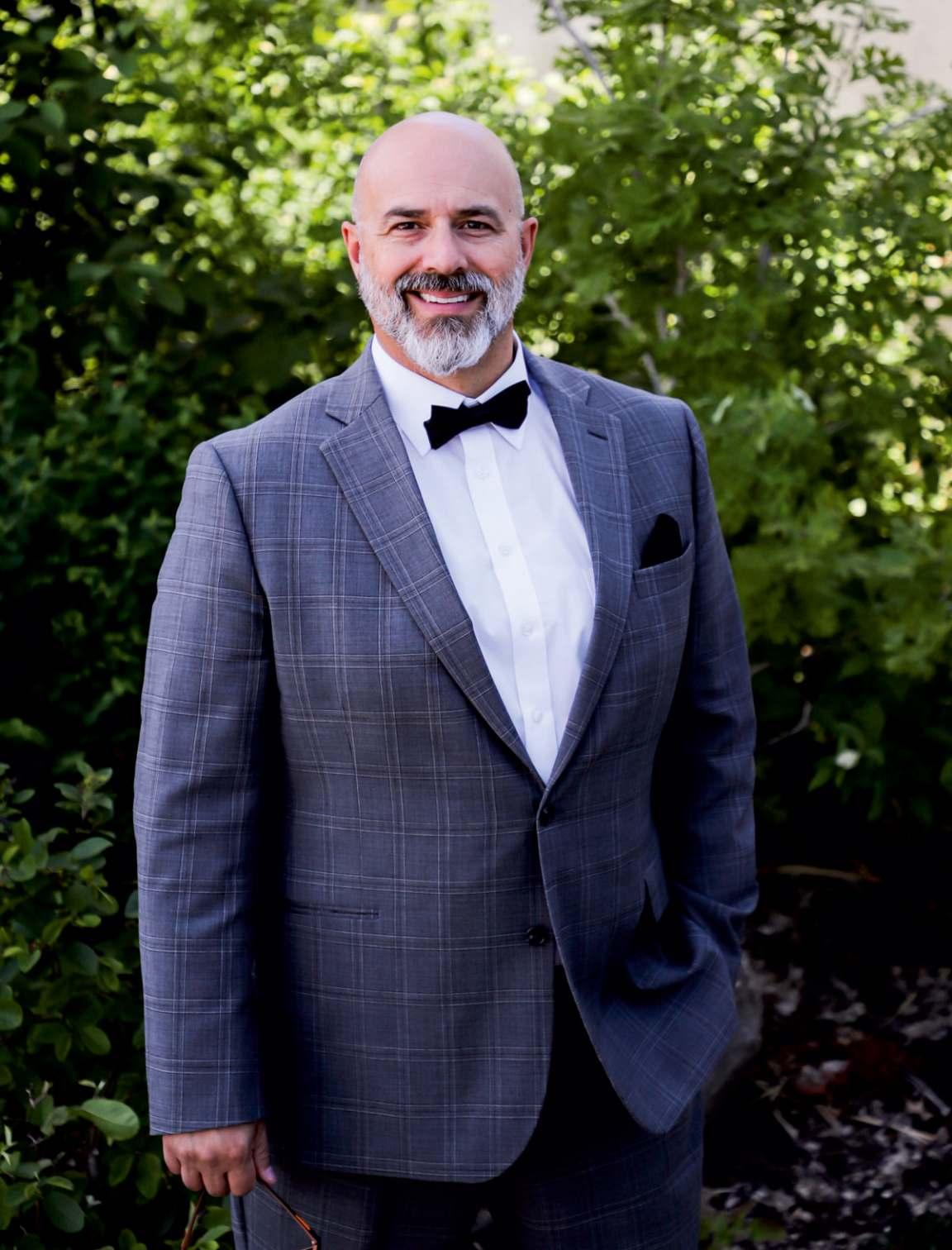
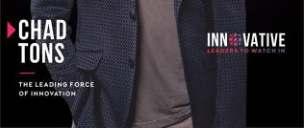
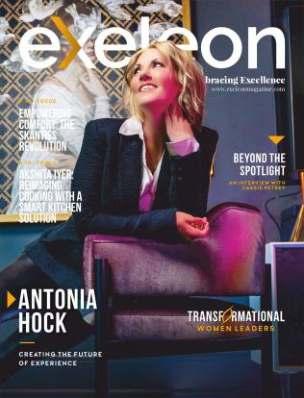
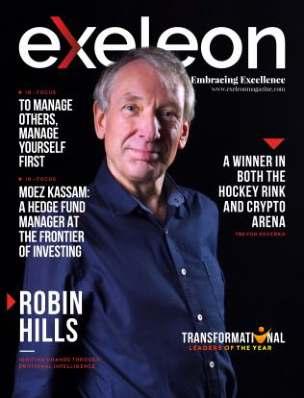


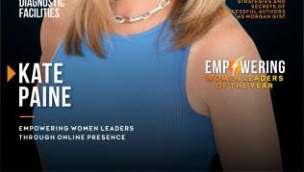
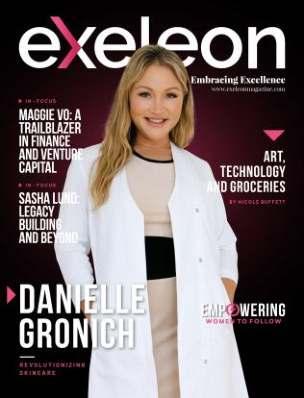

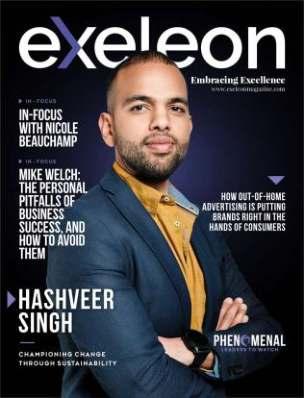

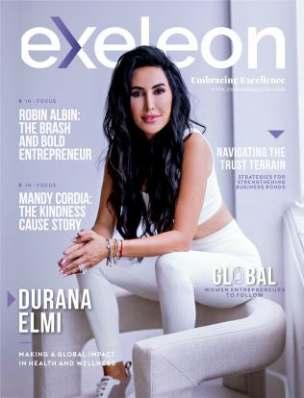



Ready to fuel your ambition and receive your dose of inspiration directly to your digital doorstep?
Subscribe to Exeleon Magazine today, and enjoy the following perks:
Convenience at Your Fingertips
Access each issue on your preferred digital device anytime, anywhere.
Dive deeper with bonus content, behind-the-scenes interviews, and special features reserved for our esteemed subscribers.
Community Connection
Join a network of likeminded individuals, share your story or interview, and be part of a thriving entrepreneurial community.
SIMPLY SCAN AND SUBSCRIBE
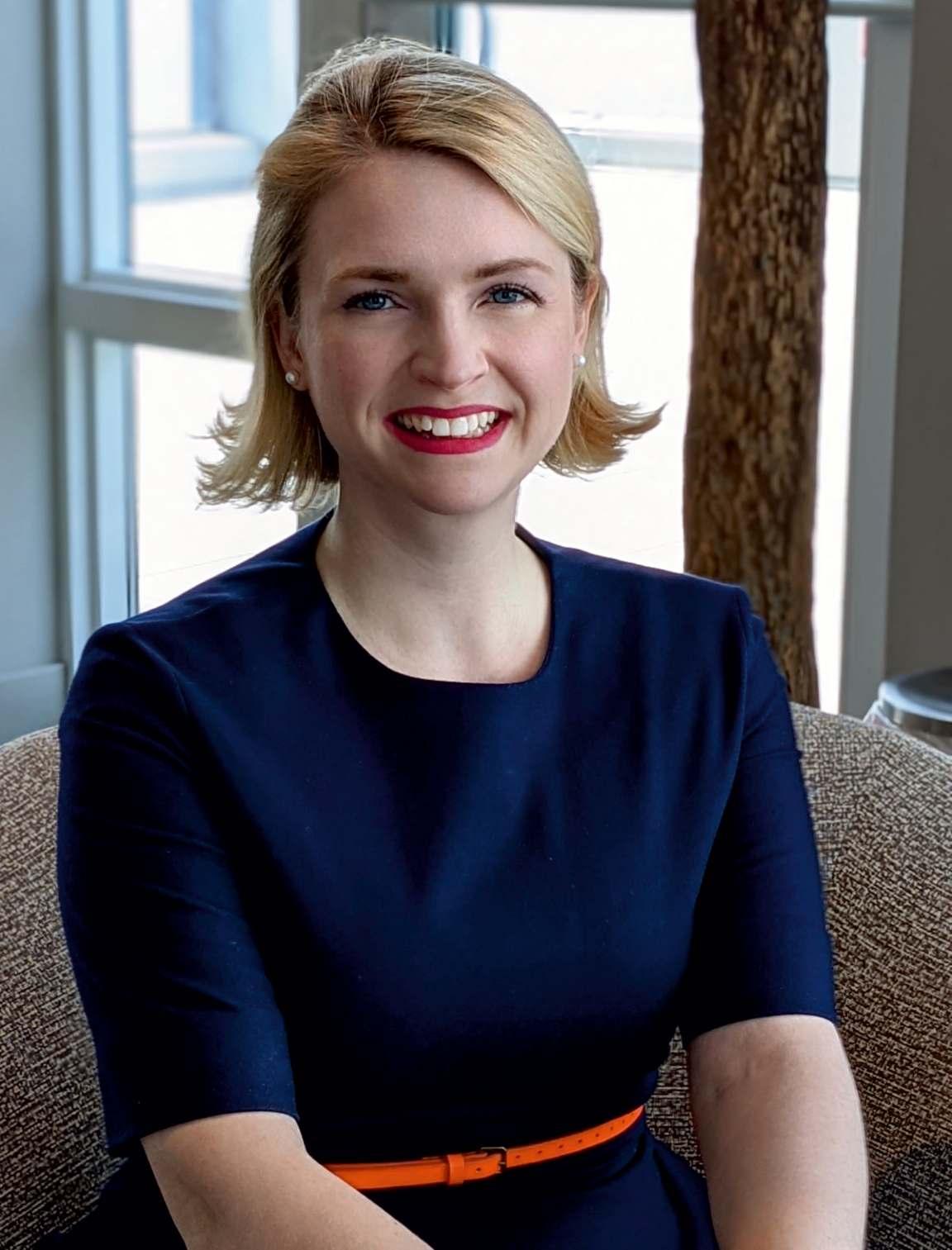
lex Hurworth is a dynamic executive coach and consultant who has dedicated over two decades to building and improving software, leading the design and strategy of numerous apps across global markets. After an extensive career in technology, including pivotal roles in corporate and pandemic response projects, Alex experienced a signi�icant career shift.
A"Time is Precious" was born from Alex's personal journey of overcoming burnout and recognizing the �inite nature of life. In this interview, Alex discusses her career evolution, the pivotal moments that led to her transition into coaching, the impact of her global experiences, and her vision for empowering others through leadership. She also addresses the barriers women face in taking career risks and provides valuable advice for organizations looking to advance female leadership.
Re�lecting on your transition from tech leader to executive coach, what pivotal moments or insights prompted this shift in your career path?
I've always been driven by a desire to have a real impact. While that showed through the apps and software we created, my greatest ful�illment came from developing my direct reports. After 20 years in the corporate grind, working relentlessly on projects for the CEO, CTO, and then additionally as part of New York State's pandemic response, I was burned out. It was time for a change.
In 2021, I decided to leverage my entrepreneurial spirit and start my own business focused on partnering with organizations to support them in elevating their talent's leadership. This allows me to channel my energy into what I'm most passionate aboutempowering others to grow as leaders.
You've had the opportunity to work in several global cities. How have these diverse cultural experiences in�luenced your professional approach and leadership style?
Working overseas taught me the immense value of experiencing different cultures. It was a humbling reminder that my perceived "norms" are just one
way of viewing the world. This experience has made me vigilant about not making assumptions about my clients or direct reports.
Each person is unique, with their own needs and values. To truly unlock someone's potential, I must nurture and appreciate them as an individual, not treat them as part of a monolithic group. This approach is crucial to bringing out the best in others.
Can you tell us more about the genesis of 'Time is Precious'? What was the moment or motivation that sparked the idea for this venture?
This is deeply personal. Ten months into the pandemic, I had my �irst and only panic attack. Though nothing compared to the heroics of frontline workers, I was burned out from working until midnight most nights on a COVID response app, alongside my regular duties. That panic attack made me feel like I was dying. It was a wake-up call that life is short. Once that project ended, I knew I had to prioritize my wellbeing and �inally pursue my dream of starting my own business.
Now that I've made the leap, I'm noticing more and more frequently how people are dissatis�ied with their work situation, burnt out, or knowing they're capable of more, but paralyzed by fear and the powerful inertia of the status quo. It's easier to sleepwalk through the familiar routine: wake up, go to work, attend meetings, go home, repeat. The paycheck and bene�its further entrench the cycle. And in the blink of an eye, one year becomes two, three then �ive.
Making a change requires venturing into the unfamiliar and can be risky. It means extra work on top of daily duties - speaking up for a promotion, rallying your team around an audacious idea, or even leaving to start your own business. But that's where growth happens when you muster the courage to disrupt your comfortable patterns.
So, I named my company after that transformative experience, as a reminder of why I'm doing this. Depending on what you believe, we have one life. Let's make the most of it!
What do you believe are the most signi�icant barriers today that prevent women from taking more risks in their careers? How do you address these challenges in your coaching sessions?
Gender norms discourage women from voicing their opinions at work. Lack of con�idence and imposter syndrome are constant hurdles. The gender pay gap and societal pressures mean many women lack the �inancial safety net to take entrepreneurial risks - it feels safer sticking with a steady paycheck and health insurance. For mothers, the high cost of childcare makes returning to work economically challenging. There are so many barriers holding women back from pursuing their ambitions and starting businesses.
My last name is Hurworth (“herworth”). I think that is no accident! My mission is to elevate women into leadership roles, increasing their wealth and independence so they can take risks professionally and personally. I want them to speak up fearlessly, and to learn to
quieten voices of self-doubt and second-guessing. My coaching helps clients get crystal clear on their goals and maps out the micro-steps to achieve them. Through low-risk experiments, they see that inaction is impossible - these small steps build unstoppable momentum towards transformative change. They realize their true capability, learning that it's action that creates con�idence, not the other way around. They don't need to wait for con�idence before making moves.
I give my clients the tools and mindset to boldly pursue what they want without restraint. With �inancial independence comes the power to take chances and lead more purposeful lives on their own terms.
In your opinion, what are the essential elements for maintaining a ful�illing professional life without compromising personal happiness and well-being?
The essential elements for maintaining a ful�illing professional life without sacri�icing personal happiness and well-being are self-awareness and the courage to take purposeful action. Selfawareness means deep understanding your core values, priorities, and boundaries.
What's most important to you?
What lines won't you cross? Get clear on your non-negotiables for a life of integrity. From that selfknowledge, you must have the courage to get into action and have those dif�icult yet critical conversations. Voice your needs, assert your boundaries, stand �irm
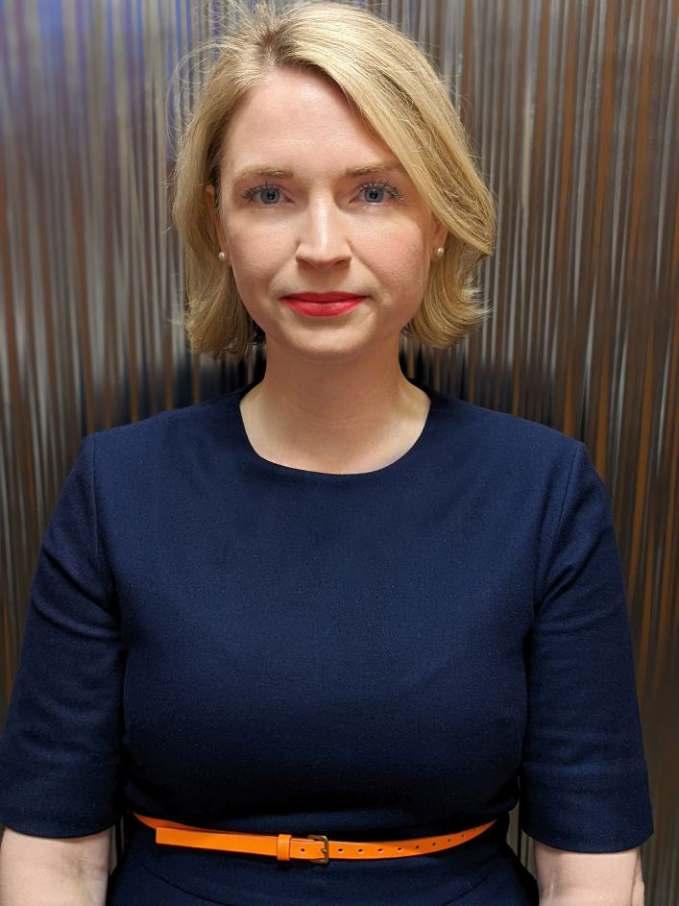
on your principles - all in an objective, compassionate way. Don't let discomfort keep you from expressing what truly matters.
When you know yourself and can communicate authentically, you create the space to honor all parts of who you are - professional, personal, family, health, spirit. You
learn to integrate these into a cohesive, sustainable way of living and leading that feels deeply aligned. It's not easy, but it's a skill that can be practiced. The more you exercise your voice with selfawareness, the more natural and empowering it becomes to uphold your vision for a rewarding professional journey and a life you
feel genuinely good about.
Finally, what advice would you give to organizations looking to genuinely advance female leadership within their ranks?
My top three recommendations are:
1) Mandate unconscious bias training to increase awareness around gender and minority biases, signaling leadership's commitment.
2) Offer equal parental leave regardless of gender. This allows any parent to be the primary caretaker without career impacts traditionally falling on birthing parents.
3) Provide leadership skills training, investing in upskilling women and creating more role models.
By implementing these, we'll start dismantling biases, update outdated caregiving norms, and empower women to step into their power as leaders. It's about creating an equitable culture of growth for all.
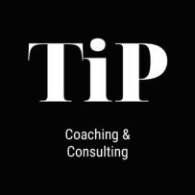


As inflation continues to challenge the economy, small businesses face a complex landscape marked by cautious optimism about their financial stability despite a generally pessimistic outlook on the broader economic environment. The latest reports from entities like OnDeck and Ocrolus, as well as surveys from Cox Business and the U.S. Chamber of Commerce, paint a picture of resilience coupled with caution among small business owners.
• Economic Sentiment : Small business owners' con�idence in the economy seems to wane, with 19% stating that the economy has improved from the previous year, a decrease of 5 points since April. Similarly, 34% believe the economic conditions have worsened. Expectations for the next year also show a decline, with only 21% of business owners optimistic about economic improvements, down from 24% in April.
• Business Operations and Growth : Despite the challenging economic conditions, 48% of small businesses still plan to increase their workforce, maintaining the same level as April. However, there's a slight dip in plans for �ixed investments and revenue expectations, with 32% planning to increase investments (down 2 points) and 58% expecting revenue growth (also down 2 points).
• Pro�itability and In�lation : About 45% of businesses anticipate an improvement in pro�itability, slightly down from April. In�lation remains a signi�icant concern, though 49% believe it will increase at a slower rate over the next 12 months.
• Cash Flow and Stability : The Small Business Cash Flow Trend Report for Q1 2024 indicates robust con�idence in cash �low management, with 72% having more than a 30-day cash buffer and signi�icant percentages maintaining substantial balances or access to credit lines.
Role of Technology and AI in Adapting to Economic Challenges
Small businesses are increasingly turning to Arti�icial Intelligence (AI) to mitigate the impacts of economic pressures and enhance productivity. According to the MetLife & U.S. Chamber of Commerce Small Business Index:
• AI Adoption : Over half of the small businesses have adopted AI, which has helped 52% retain or increase their workforce. The primary uses of AI include marketing, customer service, and sales, re�lecting a strategic investment to boost operational ef�iciencies and customer engagement.
• Investment in AI : Investment in AI is on the rise, with 53% of businesses planning to increase their spending on these technologies, citing productivity and pro�itability as the primary motivators.
While in�lation and high interest rates continue to be top concerns, small business owners exhibit a guarded optimism about the future. This is re�lected in their sustained investment in technology and human resources, despite some scaling back in broader economic expectations.
The local economic sentiment shows a positive trend with 38% of business owners feeling optimistic about their local economies, an increase from the previous quarter. This localized con�idence may serve as a crucial buffer against the broader national economic challenges.
Small businesses remain at the heart of the economic landscape, grappling with in�lation and interest rates but also �inding pathways through technology and effective cash �low management. The continued resilience and adaptability of these enterprises will likely play a critical role in their ability to navigate future economic �luctuations. As they adjust to the new economic realities, small businesses continue to demonstrate why they are often seen as the backbone of the economy.

This summer, like every holiday period, I took a pause from work to spend time with family. After a busy and challenging year, it was an opportunity to take stock of what really matters to me. Have I achieved what I wanted in my business? And is that the achievement I truly wanted?
The critical balance between work and personal lives is notoriously dif�icult for those with an entrepreneurial mindset. The same qualities that help us succeed in business – agile thinking, restlessness, thirst for new ideas and inspiration, drive, and competitiveness – also prevent us from prioritizing our health, our family, and our personal time over our businesses.
Whatever stage you are at in your entrepreneurial journey, whether you are just starting out or working hard to maintain momentum after a decade or two on the business
The personal pitfalls of business success, and how to avoid them
frontline, it's not easy. The pressure to get on top and stay on top, and to keep up or even lead the social media hustle, is intense. Economic demands mean that many of us are having to work more and harder to achieve the results we need.
I have come to understand, in time, that if your success can be marked purely on the growth of your business, or businesses, at the expense of your personal growth, of your family and of your physical and mental health, that is not success at all. I know other leaders and entrepreneurs have come to the same conclusion, albeit sometimes after decades at the top.
When leaving his job as British Prime Minister in 2010 Gordon Brown said in his resignation speech: “And as I leave the second most important job I could ever hold, I cherish even more the �irst – as a husband and father .”
I couldn't agree more with his
sentiment, and it was echoed again in the resignation statement of Ben Wallace, UK Defense Secretary when he spoke about sleeping with three phones by his bed. He said, “While I am proud to have worked with so many amazing people and helped contribute to protecting this great country, the cost of putting that ahead of my family is something I am very sad about.”
Balancing the pros and cons of being a successful leader but not the partner, parent, or person you may want to be is now the subject of numerous books, courses, and podcasts.
Gone are the days when business coaching and professional self-help books were stuck in the unloved corner of the bookshop. Simon Sinek's best-selling books like Start with the Why , Hoffman Institute courses, and various leadership podcasts are now ubiquitous, with people from all walks of life and all professions seeing their value.

There is a clear need to recognize and resolve our needs and issues because addressing them is essential for sustainable success.
The younger generation of public �igures has caught on to this quickly –Justin Bieber and Katy Perry have both attended Hoffman Institute courses –and are showing the rest of us the way.
Despite this epiphany, that our mental health and our lives deserve our attention as much as our professional lives do, if not more, many entrepreneurs still face mental health obstacles. According to the US National Institute of Mental Health, 49% of entrepreneurs are dealing with mental health issues, with burnout, stress, anxiety and isolation from friends and family cited as the main reasons behind those issues. I have put together some thoughts on my own struggle to balance between being a successful business leader and a present father and husband, whilst worrying about missed business opportunities that might not come along again. Here is what I have learnt:
Ÿ Do follow Simon Sinek's advice and think about your personal “why” as well as the “why” behind your business and work to understand that these should not be mutually exclusive.
Ÿ Set clear boundaries and enforce them – vacation/weekends are work-free, planning activity spikes that do not coincide with family holidays, delegating and ful�illing family commitments. Try to hold yourself accountable to these boundaries or get your family or your mentor to hold you accountable instead.
Ÿ Be consistent: families, and especially young children, need a consistent and reliable parent, but so do many other personal commitments you may have or
want to have. You must make sure you are there for the soccer practice you signed up for in the same way you would make sure you attend an important client meeting.
Ÿ Make small signi�icant changes in your routine to protect yourself Small changes like meditating, running, or listening to a relaxing podcast between your last business meeting and getting home to the family can help you switch modes and be fully present with your family, with your partner or just with yourself.
Ÿ Say no to opportunities that are either too small to drive pro�it or too unwieldy to work for you, even if it pains you as an entrepreneur used to grasping every straw. Making you a calmer, more ful�illed human being �irst and a businessperson second is the route to achieving your professional AND your personal goals, instead of giving up one for the other.
Ÿ Seeking mentorship and mental health support – admitting that you need support and advice is not a weakness, any more so than going to the dentist when you have a toothache, it is just common sense. Doing it early will mean preventing deeper problems in the future.
As a �inal thought, I wanted to share a piece of advice from Rabbi Jonathan Sacks, an international religious leader and philosopher who wrote about the deeper meaning of life: “Follow your passion. Nothing — not wealth, success, accolades, or fame — justi�ies spending a lifetime doing things you don't enjoy.”


Mike Welch is the President and CEO of Tirebuyer.com. At just 16 years old, he launched his own tire business with a £500 grant from The Prince's Trust. He later sold his business to Kwik Fit, where he became the group's inaugural Head of E-Commerce, leading up to Ford's £1bn acquisition. In 2001, Mike founded Blackcircles.com, the world's �irst click-to-�it tire retailer, which
was acquired by Michelin Plc for £50m in 2015. In recognition of his contributions to business and charity, Mike was honored with an OBE from the Queen in 2016. He also serves as the Founder and Chairman of The Welch Trust, established in 2015, dedicated to supporting children and young people.


The coaching industry, dedicated to guiding individuals towards their fullest potential, is not without its own set of challenges, especially for women. Despite the growing presence and success of female coaches, there are unique obstacles that hinder their professional journey.
These challenges range from combating limiting beliefs and self-worth issues to navigating deep-seated biases in service pricing and leadership roles. Women coaches often face the struggle of balancing multiple roles, advocating for fair compensation, and breaking through societal norms that undermine their expertise and credibility.
This article delves into the eight distinct challenges women encounter in the coaching industry, highlighting the voices and experiences of seasoned professionals.
•Combat Limiting Beliefs and Self-Worth
•Navigate Bias in Service Pricing
•Close Leadership Gap and Empowerment
•Break the High-Profile Role Barrier
•Develop Negotiation and Balance Skills
•Build Networks to Overcome Gender Bias
•Challenge Societal Norms and Power Dynamics
•Persist Against Societal Biases and Misogyny

As a 10-plus-year Certi�ied Professional Coach who primarily supports other women coaches and those transitioning to a profession in coaching, I �ind that women are still struggling with their own limiting beliefs around:
1. Being good enough/experienced enough to coach effectively.
2. Not pricing their services based on the value they offer, which can also be rooted in low
As with many other professions in this country, women, especially women of color, experience bias when selling our services to potential clients. It is important to remember that we are speaking with people (not an entire company or organization) and these people have personal preferences and preconceived notions about our capabilities and our value. These biases rear their ugly heads mostly during contract negotiations and pricing discussions. We are constantly (and openly) compared to our
peers and low-balled when it comes to them making a �inal offer.
To be clear, it is not only men who struggle to see our value, but women do it as well. I once had a female VP of HR say, 'I had an executive coach, and he was like $350/hr, so I'm surprised your offer is the same.' I knew who she was referring to, and he has the same experience and certi�ication as I do. The best advice is to constantly remind yourself of your worth and all the years of experience and
self-worth, and
3. Being able to distinguish themselves con�idently among the sea of coaches, which grows daily.
So, what's the lesson here? As women coaches, we MUST continue to do our own inner work, believe and trust in our value, and give our businesses a unique voice, knowing that with our conviction, our ideal clients will �ind us and thrive with our support.
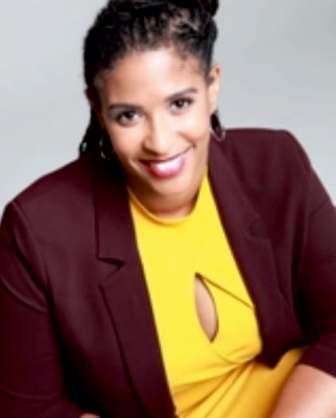
training we have amassed to coach others effectively; if we focus on the transformation, we achieve versus the hourly rate we bill, we can successfully navigate those that dull our shine!

The in�lux of talented women into coaching has been remarkable, yet leadership positions remain disproportionately occupied by men. This disparity poses challenges for aspiring female coaches seeking mentors who understand their unique journey. Pervasive biases and stereotypes exacerbate dif�iculties, as many women battle self-doubt and imposter syndrome.
Navigating this path is arduous, but every step taken progresses
Women in coaching often face the unfair reality of unequal access to high-pro�ile roles. This bias is deeply ingrained in many industries, including sports, where men routinely dominate the most prestigious coaching positions. As a result, women coaches must work exceptionally hard to gain the same level of recognition and opportunities as their male counterparts.
This lack of visibility creates a vicious cycle. Fewer women in top coaching roles can discourage aspiring female coaches, further perpetuating the imbalance within the industry.
toward empowerment. The journey is one of resilience, growth, and ultimately, tremendous ful�illment as they overcome barriers. Despite obstacles, these trailblazing women are reshaping the coaching landscape. Their perseverance inspires others to embrace authenticity and pursue passion fearlessly.
Representation matters, and diversity in leadership fosters innovation and inclusivity.

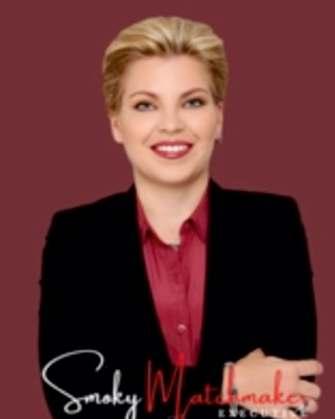
Coaches across various industries often encounter a myriad of challenges, with some being uniquely experienced by women due to societal norms and industry dynamics. As a solopreneur, I can't address every obstacle, but here are a few noteworthy ones:
1. Pricing and Negotiation: Research suggests that women tend to underprice their services compared to men. This may stem from a lack of con�idence in their value or concerns about being perceived as too aggressive. Learning to con�idently negotiate pricing and advocate for fair compensation is an important skill for female coaches to develop.
2. Balancing Work and Family: Many women in the coaching industry also juggle family responsibilities alongside their careers. Balancing these demands can be particularly challenging, as coaching often requires �lexibility and a
II'm a female business coach, expert investor, public speaker, and a constant traveler who has faced a few challenges throughout my journey. I've also navigated these multifaceted challenges that women encounter within the coaching industry head-on.
One signi�icant hurdle is the pervasive gender bias that can undermine our credibility and expertise, particularly in male-
dominated sectors. Balancing familial responsibilities with a demanding career can also pose a unique challenge, often requiring women to juggle multiple roles simultaneously. Despite these obstacles, one insight I've found crucial is the power of building a strong network of supportive peers and mentors. This not only offers invaluable guidance but also fosters a sense of solidarity within the industry, enabling
signi�icant time commitment.
3. Self-Care and Wellbeing: Coaching is inherently demanding, often exerting strain on mental and emotional health. Women, who frequently embody nurturing qualities with caregiving instincts woven into their DNA, may �ind themselves prioritizing others' needs above their own. Consequently, female coaches often contend with heightened pressure to ful�ill caretaking roles while neglecting their personal well-being. Establishing boundaries and prioritizing self-care are paramount for ensuring longterm success, sustainability, and resilience against burnout.

women to overcome barriers and thrive in their pursuits.
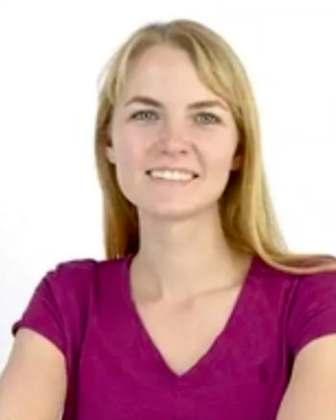
The primary challenge for women in the coaching industry is often societal expectations. A signi�icant barrier for women in discussing power in coaching relates to deep-rooted societal norms. Women have historically been encouraged to adopt more reserved, modest, and humble roles. Engaging in open discussions about power may clash with these longstanding societal expectations. This ingrained conditioning frequently leads to self-doubt and hesitancy in assuming leadership roles and addressing issues of power.
Based on my observations, one signi�icant challenge women encounter in the coaching industry is the persistent struggle against societal biases. Unfortunately, there's still a prevailing attitude where some individuals, particularly those with misogynistic beliefs, undermine women's capabilities as coaches.
Despite their expertise and dedication, women often �ind themselves battling against preconceived notions that their efforts are less credible or valuable compared to their male counterparts. This affects their professional growth and dampens their con�idence and opportunities for advancement within the industry.
The thing is, we lack suf�icient representation in the coaching industry. From my own experience, the scarcity of women in leadership positions across various �ields also hinders the conversation about power. The dearth of female role models and mentors who can offer insights into power dynamics makes it more dif�icult for women to engage in these discussions effectively. This lack of female visibility in leadership can further enforce a cycle of silence and marginalization.

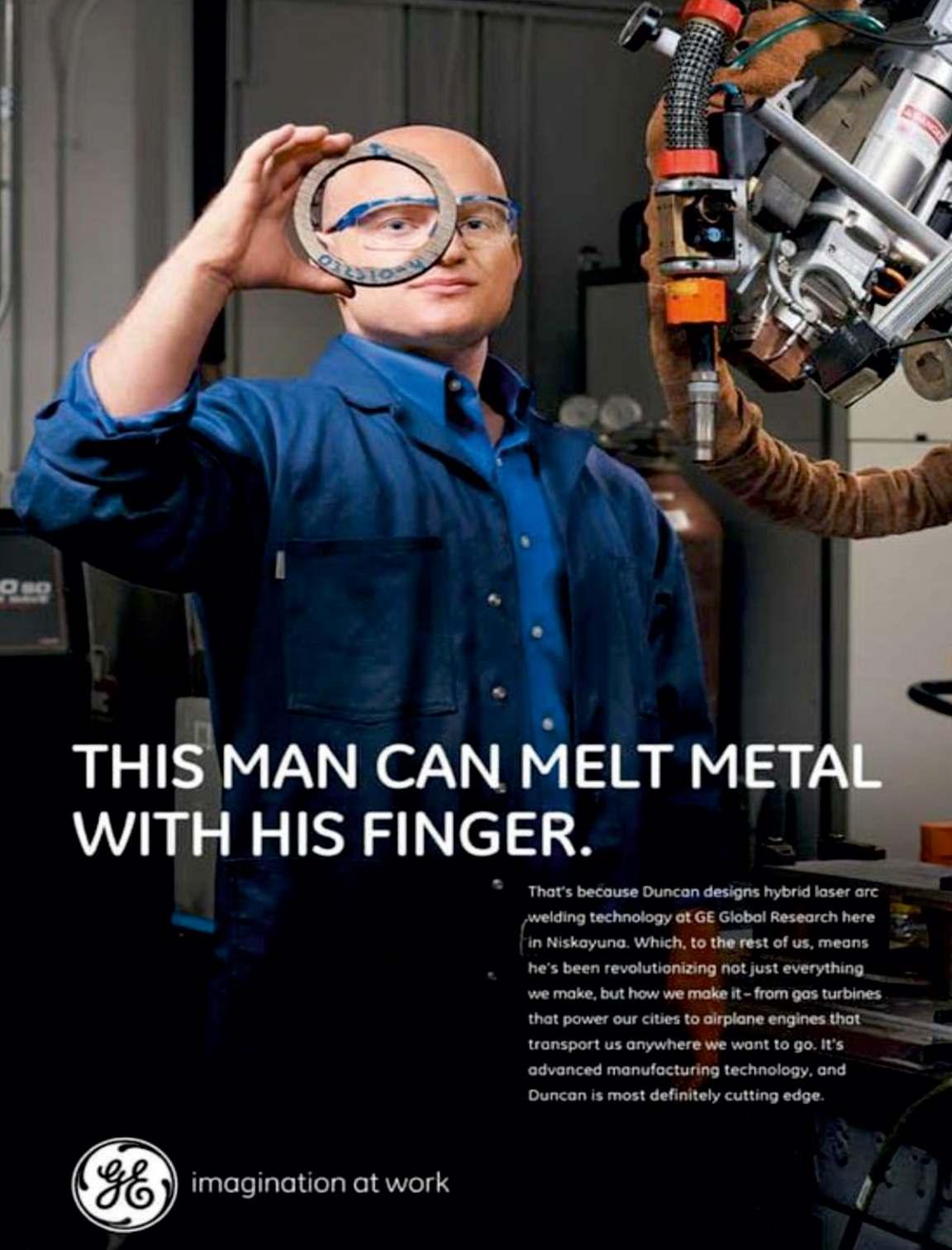

The qualities of an effective coach are vast, and
so are the skill sets needed to support others to make signi�icant life changes. While the de�inition of a coach describes the individual to be a guide, a trainer, an advisor, and much more, however, above all, they are the people who empower and pave the way for others to achieve a successful life.
Molly Downs, an entrepreneur and business coach, is one such pioneer who works with people to create lifechanging results in the areas of business and personal development. She is an entrepreneur, leadership coach, and author who helps clients design their dream careers and life.
In the following interview with Exeleon Magazine, Molly talks about her growing years, her earliest days in health and wellness coaching, and the transition to becoming a pioneer in the business consultant space. What according to you makes one a pioneering leader? How do you integrate the same thought into your leadership?
In my own experiences and in working over the years with my private clients and groups, being a pioneering leader means being willing to take risks and experiment with new ideas. When there's an area that needs attention or support, I love to bring a sense of curiosity and wonder to it. Actually, being the �irst to try something completely new is often rare, but being the �irst to try something and do it your own way, fail, and try again is a real opportunity to lead, expand, and grow.
Talk to us about your growing up years. What is your earliest memory as a leader that you can remember?
My earliest memory of taking initiative and standing up for myself and giving a voice to others was when I wrote a letter to the editor in the small city I grew up in. The letter was about the environment and taking care of trees instead of cutting them down. My letter eventually drew the attention of others who wrote back in the newspaper section to support my ideas. For me, it was the �irst time I realized that I had a voice and that I could create change. And no matter how small it was, it felt big to me.
What led you into becoming a transformational
coach and business consultant?
In 2012, I created the �irst yoga and Ayurveda wellness studio in Dubuque, Iowa, and it was there that I offered health and wellness coaching. During that time, I would talk with clients about their health concerns, but inevitably the conversation always veered into what they really wanted to be doing in their work and their whole lives. This led me to eventually close the studio to shift my focus into a career in coaching, speaking, and writing even though at that time I felt like I had no idea what I was doing and no clue how it would all unfold.
What is the approach/process followed by you when offering your services?
The process I use in working with someone for the �irst time is to take a close look at the vision they have for their business and life and start to uncover new insights and ideas. I most love to help people signi�icantly increase their intention, their impact, their income, and to live fully now. The mentors I've worked with over the years, especially Jason Goldberg, always have given me an “I've got your back” type of coaching relationship, and that's what I hope to always impart to my own clients.
Having worked with countless entrepreneurs and leaders, what would be your advice to emerging leaders in the current work environment?
To just be yourself and do your best to stay open to working with different types of people and organizations. And to let people in so they experience the real you and not just an impressive version of you. That will really help them to connect, inspire them to take action for themselves, and make a positive impact on everyone they meet.
What does a day in your life look like? How do you ensure work-life balance being a coach, mentor, author, and mother of three kids?
A day in my life now has changed so much. Two of my kids are teenagers and one is in college now, but I can remember working on my business when they were very young too. In the early morning hours, evenings and weekends I spend almost all of my time with my husband and our three kids, and three cats. I spend lots of time writing, going for walks, and
experimenting with new ideas. Most days you'll �ind me in a conversation with someone, or writing an article or recording an episode of my podcast: Entrepreneur in Flow. I learned from my favorite coaches to leave lots of space for nothing in between appointments, conversations, and activities. That's where creativity and inspiration come in and I can drop out of my thinking, accomplish a lot in a little amount of time, and just enjoy the day.
How would you sum up your journey over the years? Looking back, what would you have done differently?
The only thing I would have done differently (I don't believe in regrets) is that I would have started sooner. I became an entrepreneur in 2009 and it took as long as it did because I didn't know what was available to me. I also thought that con�idence was something I needed to get, instead of what I know now – and that's how con�idence is what you experience while you're living with purpose, moment to moment, and is a result of being in action.
Finally, what does the future look like for you?
I couldn't think of a better time to be doing what I'm doing now, and at 45 years old, I see the future as bright with a generation of young people and a lot of society accepting people more and more for who they are. And being an entrepreneur has never been easier. If you would have told me years ago that I would be working with clients from around the world, I don't think I would have believed you! The truth is that we have everything we need to stay connected and create an even better world. As long as we stay open to it.
Yes, it sure looks bright to me.
Photo Credit: David Beeler
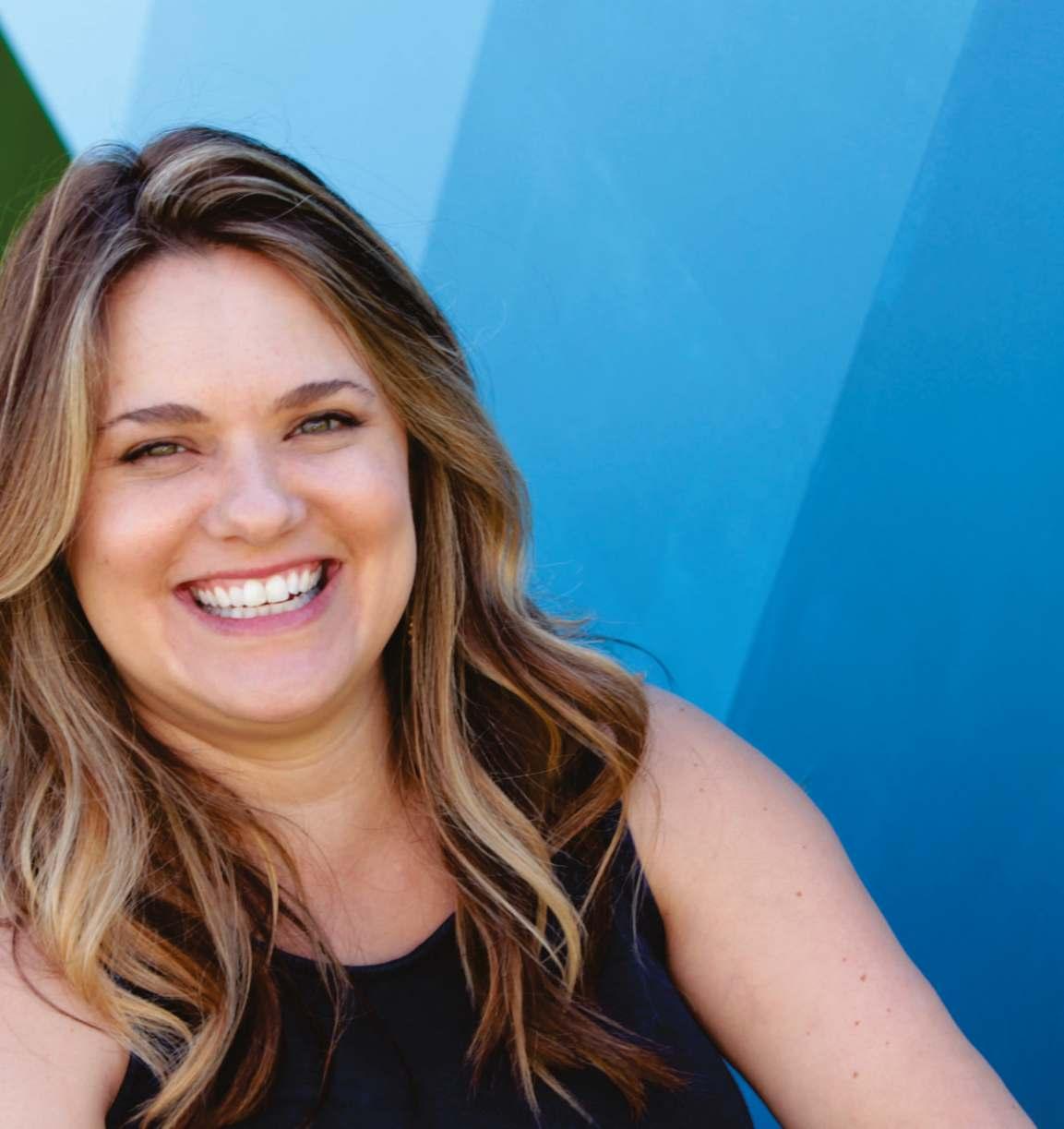

The gig economy is poised for
a signi�icant transformation, with projections indicating that by 2027, the United States will become a freelance-majority workforce. This shift is largely driven by Gen Z's embrace of entrepreneurship, heralding a new era of digitally native business dynamics. Alina Trigubenko, Founder and CEO of Pro�i, draws parallels between sur�ing and entrepreneurship, highlighting the agility, self-suf�iciency, and strategic timing required to navigate both �ields successfully.
Trend 1: Productivity Augmentation Through Technology and AI
The coaching, consulting, therapy, and training sectors are increasingly turning to technology and AI to enhance productivity. Despite fears of obsolescence, many professionals see AI as a tool for empowerment rather than replacement. As AI continues to develop at an unprecedented pace, its integration into the coaching industry is expected to revolutionize service delivery, making strategic platform partnerships crucial for leveraging data and optimizing productivity.
Trend 2: Market Expansion and Increased Competition
The shift towards freelancing and entrepreneurship, fueled by the desire for autonomy and meaningful work, has led to a surge in the coaching industry. This
growing market supply is expected to generate increased demand for coaching, consulting, and training services. However, the in�lux of new entrants will create a more competitive landscape, challenging professionals to differentiate themselves in a market where corporate budgets are tightly controlled.
Trend 3: Productization and Digitalization of Services
The coaching market is evolving towards digitalization and productization, driven by the need to meet the digital expectations of consumers. This involves providing a seamless, secure, and consolidated service delivery experience. The move towards digitally native services includes features such as frictionless payment systems, intuitive work�lows, and easy access to historical data. Hyperpersonalization, enabled by technology, allows for tailored coaching engagements, enhancing client outcomes and satisfaction.
Holistic and integrative approaches to health and wellness are gaining popularity, re�lecting a growing consumer demand for comprehensive well-being services supported by data and technology. The integration of biometric data with coaching services, facilitated by AI, is expected to become mainstream. This trend emphasizes
the importance of interprofessional collaboration among health and wellness professionals to provide a more holistic value to clients.
Building communities around coaching services is emerging as a powerful strategy for engagement and revenue growth. This model fosters a sense of belonging and support, enhancing customer loyalty and organic sales growth. Community-led models help coaches create recurring revenue streams, maintain client engagement, and leverage word-ofmouth marketing. However, successful community management requires dedicated talent to drive value and foster connections within the community.
Riding the Waves of Change
As the freelance-majority workforce becomes a reality, the coaching, consulting, training, and therapy markets are poised for transformative growth. The parallels between sur�ing and entrepreneurship underscore the importance of understanding market rhythms, timing actions, and riding opportunities with con�idence and strategic foresight. Service entrepreneurs must adapt, innovate, and embrace the waves of change to achieve success in this dynamic landscape.
The business coaching industry is experiencing remarkable expansion, boasting a global market size of $5.34 billion in 2023. This sector is expected to grow at an impressive rate of 15.43% between 2023 and 2024, re�lecting the increasing demand for coaching services. In the U.S. alone, the industry generated $14.1 billion in revenue, underscoring its signi�icance in mature economies.
With over 126,050 active coaches globally, each earning an average hourly rate of $244, the industry is recognized for its substantial return on investment (ROI). Studies indicate that coaching can yield a 35x ROI, with Fortune 500 companies and small businesses alike utilizing these services to enhance leadership, team dynamics, and overall productivity.
Coaching is not just a pro�itable venture but a transformative experience that unlocks human potential, boosts organizational growth, and addresses challenges in an ever-evolving business landscape. As corporate investments continue to pour in and coaching methodologies evolve, the future of business coaching promises even greater growth and innovation.
Digital Transformation : The integration of AI and virtual platforms is revolutionizing
coaching practices, making services more accessible and ef�icient globally.
Specialized Niches :
Coaches are increasingly focusing on niche markets, catering to speci�ic industries, life stages, and unique challenges, which enhances their competitive edge.
Remote and Global Coaching : The acceptance of remote work and virtual communication tools allows coaches to connect with clients worldwide, fostering a diverse and expansive client base.

fostering organic growth through word-of-mouth marketing.
Focus on Mental Health and Wellness : There is a growing demand for coaches specializing in mental health, stress management, and overall well-being, re�lecting societal shifts towards holistic health.
Data-Driven Coaching : Utilizing data and analytics to track progress and personalize strategies is becoming more prevalent, providing measurable and impactful coaching outcomes.
Community-Led Business
Models : Building communities around coaching services enhances client engagement and loyalty,
The business coaching industry is on an upward trajectory, fueled by growing market awareness, the need for agile leadership, and evolving workforce dynamics. Technological integration, niche specialization, and a focus on measurable outcomes are set to drive the industry's future. Increased accessibility and affordability of coaching services, alongside ethical and sustainable practices, will further solidify the industry's role in individual and organizational development.

New data from SMB Compass
reveals that Vermont residents are the most worried about saving money, with the highest average monthly searches for �inancial advisors and money-saving tips. The study analyzed over 4,000 search terms, identifying trends in �inancial concerns across the U.S.
Top States Concerned with Finances
1. Vermont : 1,138 searches per 100K residents, most frequently searching for "�inancial assistance near me."
2. Rhode Island : 1,099
searches, focusing on "good budgeting apps."
3. North Dakota : 1,090 searches, seeking "help paying off debt."
4. Delaware : 1,088 searches, concerned with "how long will my money last calculator."
5. Wyoming : 1,044 searches, emphasizing "50 30 20 budget."
Least Financially Concerned States
Texas, California, and Michigan showed the least concern for saving money based on search volumes.
Matthew Gilman of SMB Compass comments on the importance of �inancial planning, noting that small changes in everyday habits can lead to signi�icant savings. He highlights the role of �inancial advisors in providing personalized advice for managing �inances effectively.
Complete List and Methodology
The SMB Compass study utilized Google search data to calculate the total number of searches per 100,000 residents, ranking states from highest to lowest in �inancial concern.


